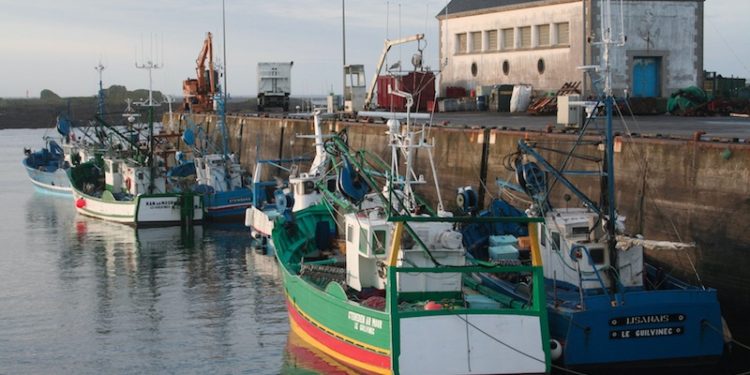More than three years after its adoption in May 2014, the €6.4 billion European Maritime and Fisheries Fund (EMFF) 2014-2020 is only just coming into operation. By September 2017, only 1.4% of the fund has been used.
According to Europêche President Javier Garat, the reasons for the standstill in the allocation of the economic resources lie in the delay of the adoption of the EMFF Regulation itself, the excessive time taken by the EU Member States to prepare the national operational programmes, and finally, the excessive bureaucratic obstacles encountered by intermediate management bodies.
‘In short, there is too much red tape, too many controls and a lot of fear from governments of making mistakes that may lead to the withdrawal of these funds,’’ Javier Garat stated, ‘This means that the sector is not receiving funds on time or in sufficient quantity to be able to develop the necessary projects to make fisheries more sustainable and profitable. Simplification is of the essence‘.
Participating in a public hearing in the European Parliament (EP) organised by the Group of the Progressive Alliance of Socialists and Democrats (S&D) on the EMFF, EU institution representatives and stakeholders examined the degree of utilisation of resources, the effectiveness and efficiency of the financial measures and budgetary prospects for post-2020.
At the same meeting, Javier Garat expressed concern over the current state of play of the fund and called for a change on the future EMFF. He stressed the need to adopt a substantial financial envelope to finance both small and large projects. The latter can refer to major research projects such as those necessary to improve the selectivity of fishing gears in order to be able to adapt to the landing obligation.
In addition, he highlighted the need to finance temporary cessations of fishing activities caused by extraordinary circumstances such as biological standstill, closure of a fishery or breach of a fishing protocol with a third country.
Javier Garat argued that the EMFF should encourage industry collaboration with scientists, enhance innovation and technological development and promote collaboration between fishing companies and the ancillary industries surrounding them (communications, control, species detection, selectivity, energy efficiency, etc…).
He pointed out that ancillary companies should also be able to benefit from aid to promote the development of innovation projects, stating that “the European Parliament should support the concept of industry 4.0, incorporating ICT (information and communication technologies) into production processes”.
With regard to the next EMFF post-2020, he presented several proposals and recommendations to improve the allocation and design of the future fund. In the first place, he called for a specific fisheries fund, with a larger budgetary allocation, which should incorporate flexible financing mechanisms. He also called for the operational programmes to make the mechanisms for financing both direct aid and financial instruments more flexible (loans, endorsements, guarantees, etc…).
Europêche, as representative of the employers in the EU fisheries sector, also considers it vital that the new EMFF post-2020 takes account of the social dimension; i.e. promoting the social dialogue, safety and well-being of crews through good working conditions (in line with ILO Convention 188) and training, to alleviate the current problem of shortage of qualified professionals.
During his comments as part of the meeting, Javier Garat also called for the continuation of the aid for permanent cessation in cases where these measures are necessary to balance fishing capacity with available resources. The assembly was reminded that between 2007 and 2015, the EU fleet’s fishing capacity fell by 17.5% (in gross tonnage terms), of which more than half was removed with support from the previous EU Fund.
Conversely, and in the cases of balanced fleets, such as those targeting species at Maximum Sustainable Yield (MSY) levels, Javier Garat considers that a strategy for the renewal and modernisation of EU vessels is recommended, reminding the meeting that the average age of the EU fleet now being 22.6 years.









